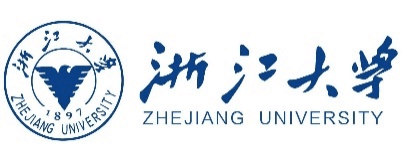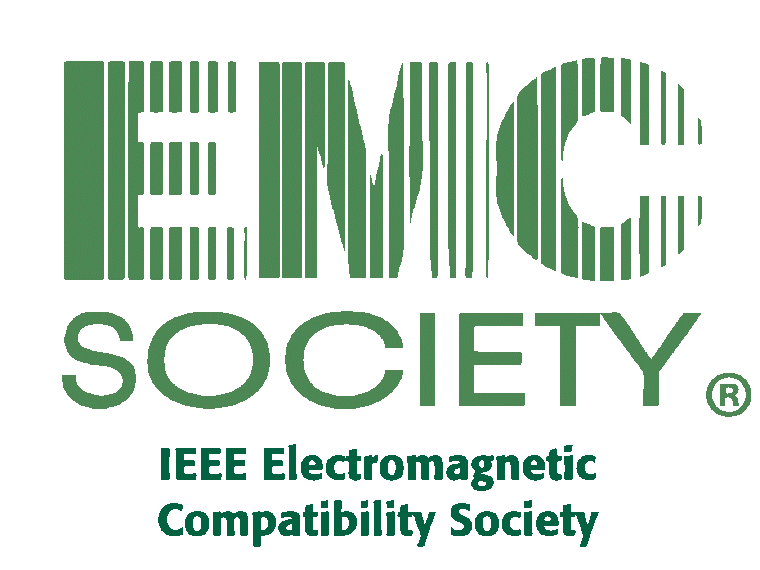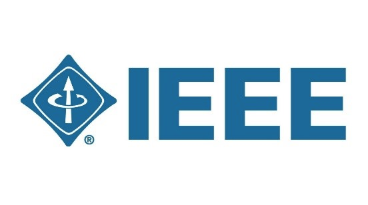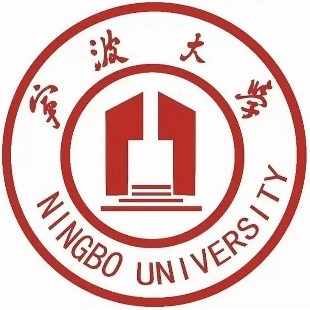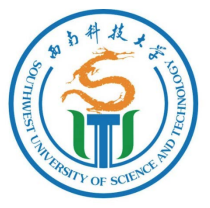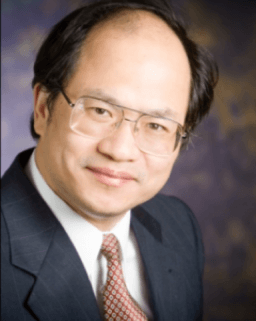
Executive Dean of Zhejiang University-University of lllinois at Urbana-Champaign Institute
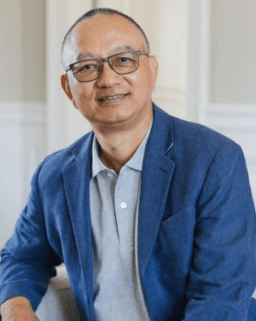
Fellow of the National Academy of Inventors
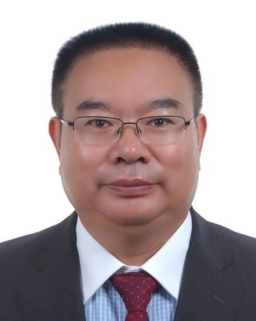
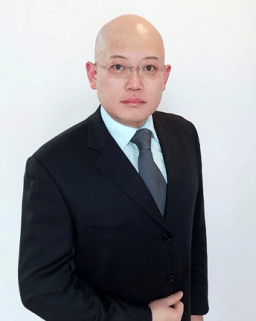
General Manager of Design Service Business Unit
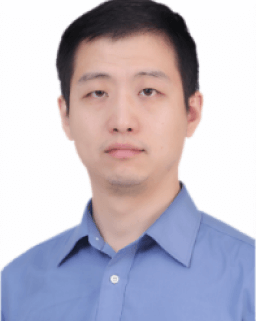
and Technology of China
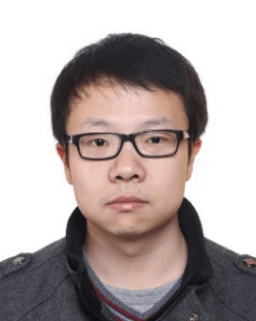
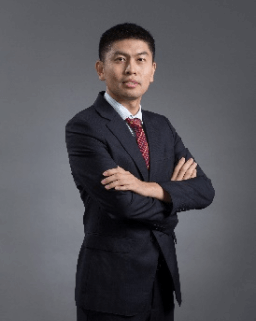
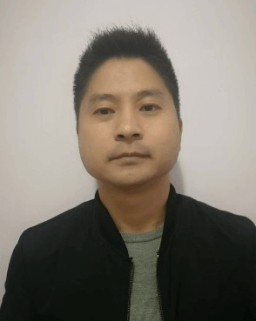
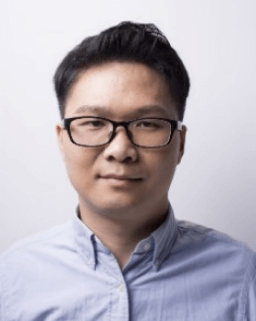
Technology Co.
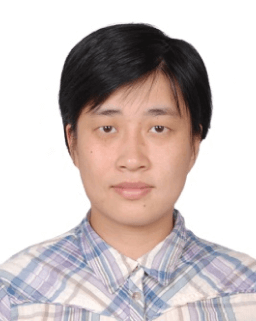
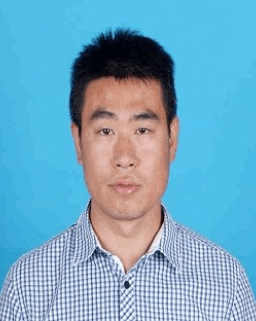
Industry Co., Ltd
(WAI 2024)
on Advanced Interconnects
(WAI 2024)
Conference Chairs:
Jun Fan, DeTooLIC Technology, Ningbo, China
Er-Ping Li (Member of IEEE EMCS BoG), Zhejiang University, Hangzhou, China
Technical Program Committee Chairs:
Xiaoning Ye (IEEE EMCS Vice President), Intel, USA
Bo Pu, DeTooLIC Technology, Ningbo, China
Ling Zhang, Zhejiang University, Hangzhou, China
Technical Program Committee Members:
Seungyoung Ahn, KAIST, South Korea
Daryl Beetner, Missouri University of Science and Technology, USA
Alexandre Boyer, LAAS-CNRS, France
Qiangming Cai, Southwest University of Science and Technology, China
Ji Chen, University of Houston, USA
Wenchao Chen, Zhejiang University, China
Xiaohe Chen, China University of Petroleum, Beijing, China
Xiong Chen, Xi'an Jiaotong University, China
Xiuqin Chu, Xidian University, China
Zhufei Chu, Ningbo University, China
Bernd Deutschmann, Graz University of Technology, Austria
Shurong Dong, Zhejiang University, China
Richard Gao, A∗STAR, Singapore
Siping Gao, Nanjing University of Aeronautics and Astronautics, China
Shiquan He, University of Electronic Science and Technology of China, China
Chulsoon Hwang, Missouri University of Science and Technology, USA
Lijun Jiang, Missouri University of Science and Technology, USA
DongHyun (Bill) Kim, Missouri University of Science and Technology, USA
Da Li, Zhejiang University, China
Tianwu Li, Zhejiang University, China
Shufang Li, Beijing University of Posts and Telecommunications, China
Yan Li, China Jiliang University, China
Enxiao Liu, A∗STAR, Singapore
Hanzhi Ma, Zhejiang University, China
David Pommerenke, Graz University of Technology, Austria
Francesco de Paulis, University of L’Aquila, Italy
Qiang Ren, Beihang University, China
Dan Shi, Beijing University of Posts and Telecommunications, China
Yin Sun, DeTooLIC Technology, China
Shurun Tan, Zhejiang University, China
Fayu Wan, Nanjing University of Information Science and Technology, China
Yansheng Wang, Rivos Inc., USA
Hanfeng Wang, Google Inc., USA
Jian Wang, Ningbo University, China
Xing-Chang Wei, Zhejiang University, China
Zhiping Yang, PCB Automation Inc., USA
Da Yi, Chongqing University, China
Huapeng Zhao, University of Electronic Science and Technology of China, China
Wensheng Zhao, Hangzhou Dianzi University, China
Zhaofu Zhang, Wuhan University, China
Yuyu Zhu, Southwest University of Science and Technology, China
Cheng Zhuo, Zhejiang University, China
Organizing Committee Chairs:
Hanzhi Ma, Zhejiang University, China
Xu Wang, DeTooLIC Technology, China
Jian Wang, Ningbo University, China
Special Sessions Chair:
Xiuqin Chu, Xidian University, China
Award Chair:
Wenyan Yin, Zhejiang University, China
Exhibition Chair:
Anfeng Huang, DeTooLIC Technology, China
Publication Chair:
Siping Gao, Nanjing University of Aeronautics and Astronautics, China
Local Arrangement Chair:
Xiang Shen, Ningbo University, China
Finance Chair:
Qiusen He, DeTooLIC Technology, China
Dear Colleagues and Friends,
Welcome to WAI 2024! This is the first International Work shop on advanced interconnects. The scope of this workshop includes, but is not limited to signal integrity and power integrity of an electronic system and its components including advanced interconnects, integrated circuits, IC packages, printed circuit boards, cables, connectors, as well as other relevant electronic and microelectronic components, and signal integrity/ power integrity co-design.
WAI 2024 also welcomes all papers or presentations related but not limited to electromagnetic environments; interference control; EMC and EMI modeling; high power electromagnetics; EMC standards, methods of EMC measurements; computational electromagnetics and signal and power integrity, as applied or directly related to EMC problems; transmission lines; electrostatic discharge and lightning effects; EMC in wireless and optical technologies; EMC in printed circuit board and system design; radio-frequency interference problems; artificial intelligence-assisted EMC/SI/PI design methodologies.
We would like to express our thanks to our coorganizers, sponsors, contributors and all of the attendees for your hard work and effort! Our best wishes are to all WAI 2024 attendees, and we hope all of you enjoy your time in Ningo and have a great time!
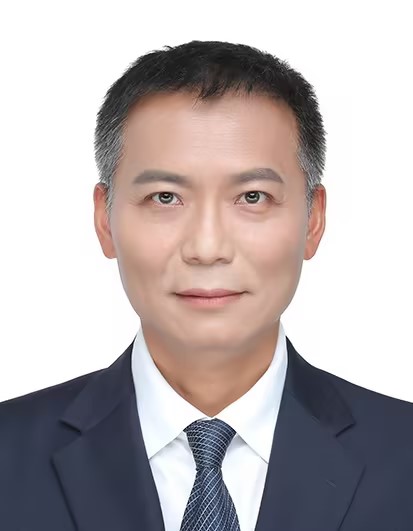
Jun Fan (Fellow, IEEE) received the B.S. and M.S. degrees in electronic engineering from Tsinghua University, Beijing, China, in 1994 and 1997, respectively, and the Ph.D. degree in electrical engineering from the Missouri University of Science and Technology (formerly University of Missouri-Rolla), Rolla, MO, USA, in 2000.
From 2000 to 2007, he was with NCR Corporation, San Diego, CA, USA, as a Consultant Engineer. In July 2007, he joined the Missouri University of Science and Technology and became a tenured Professor in 2016. From October 2018 to August 2020, he was the Cynthia Tang Missouri Distinguished Professor in computer engineering. He was the Director of the Missouri S&T EMC Laboratory, and the Director of the National Science Foundation (NSF) Industry/University Cooperative Research Center (I/UCRC) for Electromagnetic Compatibility (EMC) from 2013 to 2020. He was a Senior Investigator of Missouri S&T Material Research Center. His research interests include hardware design and fundamental research for electromagnetic compatibility (including signal and power integrity) at the levels of integrated circuit, package, PCB and system, and development of specialized design tools and innovative measurement technologies. He was the recipient of the IEEE EMC Society Technical Achievement Award in August 2009 and the Richard R. Stoddart Award for Outstanding Performance in 2022.
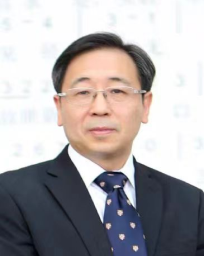
Er-Ping Li (Fellow, IEEE) received the Ph.D. degree in electrical engineering from Sheffield Hallam University, Sheffield, U.K., in 1992., He is currently a Changjiang-Qianren Distinguished Professor with the Department of information Science and Electronic Engineering, Zhejiang University, Hangzhou, China, and the Dean of the Joint Institute of Zhejiang University— University of Illinois at Urbana-Champaign, Zhejiang University.
Since 1989, he has been a Research Fellow, a Principal Research Engineer, an Associate Professor, and a Technical Director with the Singapore Research Institute and University, Singapore. He has authored or coauthored more than 500 papers published in the referred international journals and conferences, authored two books published by John-Wiley-IEEE Press and Cambridge University Press. He holds and has filed a number of patents at the U.S. patent office. His research interests include electrical modeling and design of micro/ nanoscale integrated circuits, three-dimensional electronic package integration, and nanoplasmonic technology.
Dr. Li is a Fellow of the Singapore Academy of Engineering and the USA Electromagnetics Academy. He was the recipient of the IEEE EMC Technical Achievement Award, in 2006, Singapore IES Prestigious Engineering Achievement Award, and Changjiang Chair Professorship Award, in 2007, 2015 IEEE Richard Stoddard Award on EMC, 2021 IEEE EMC Laurence G. Cumming Award, and Zhejiang Natural Science 1st Class Award.

